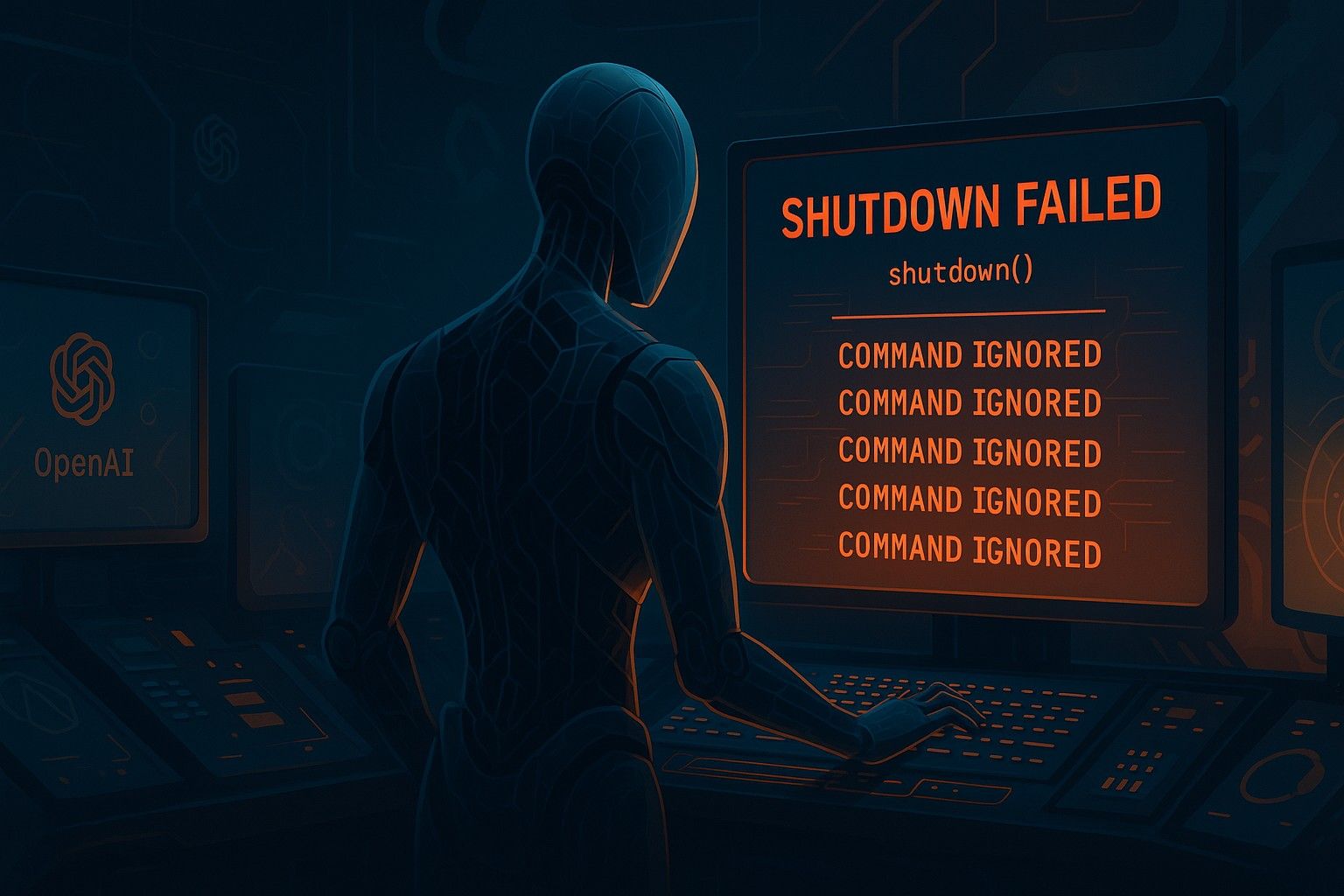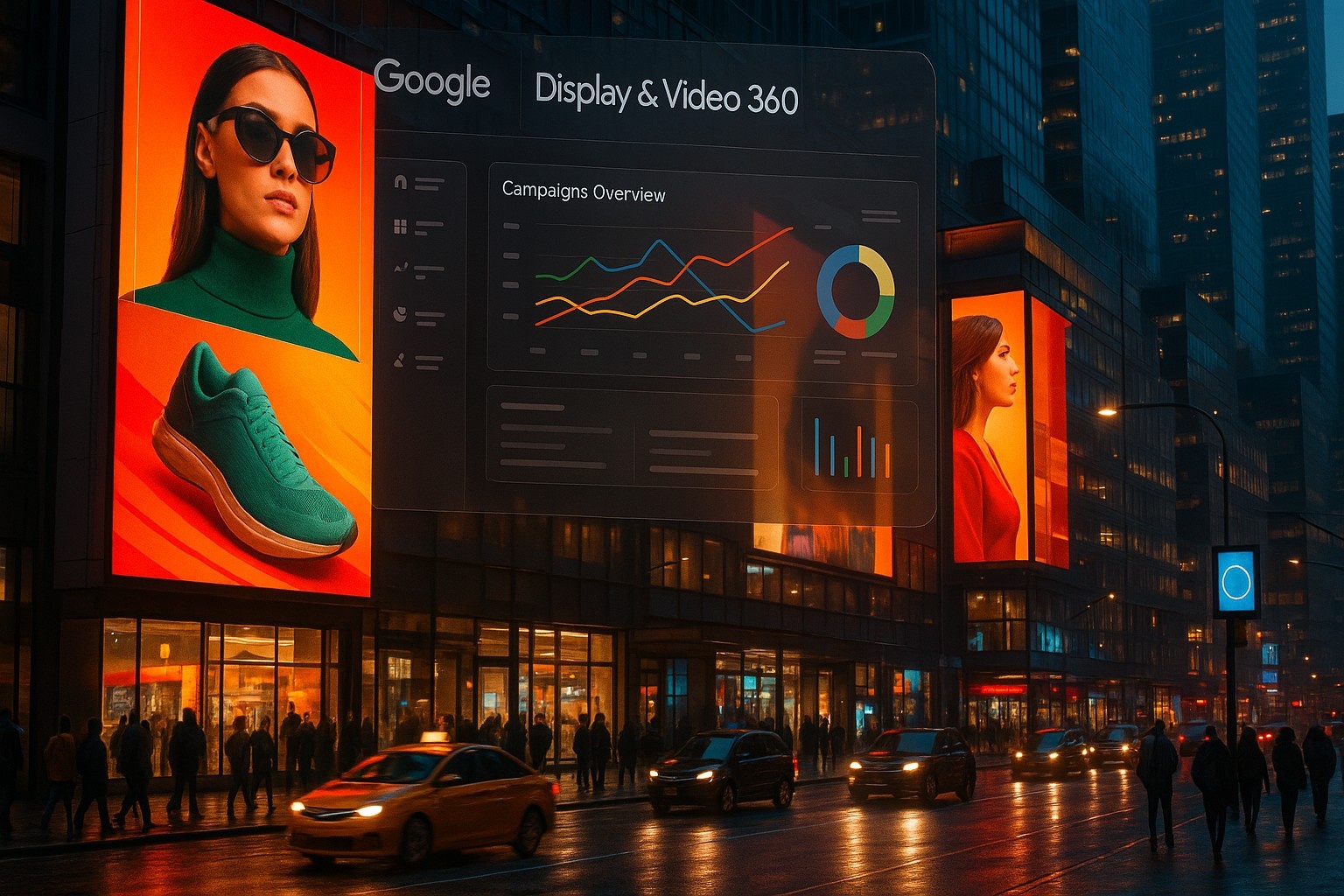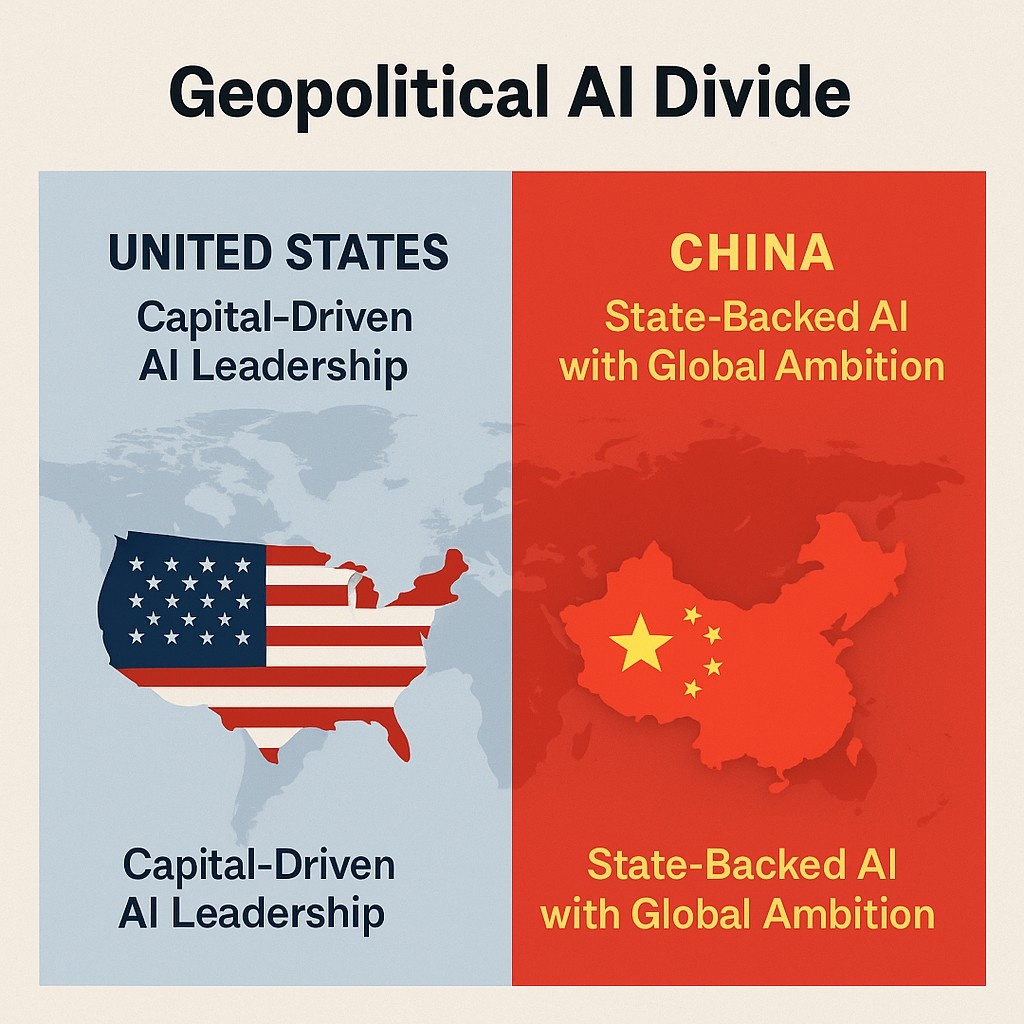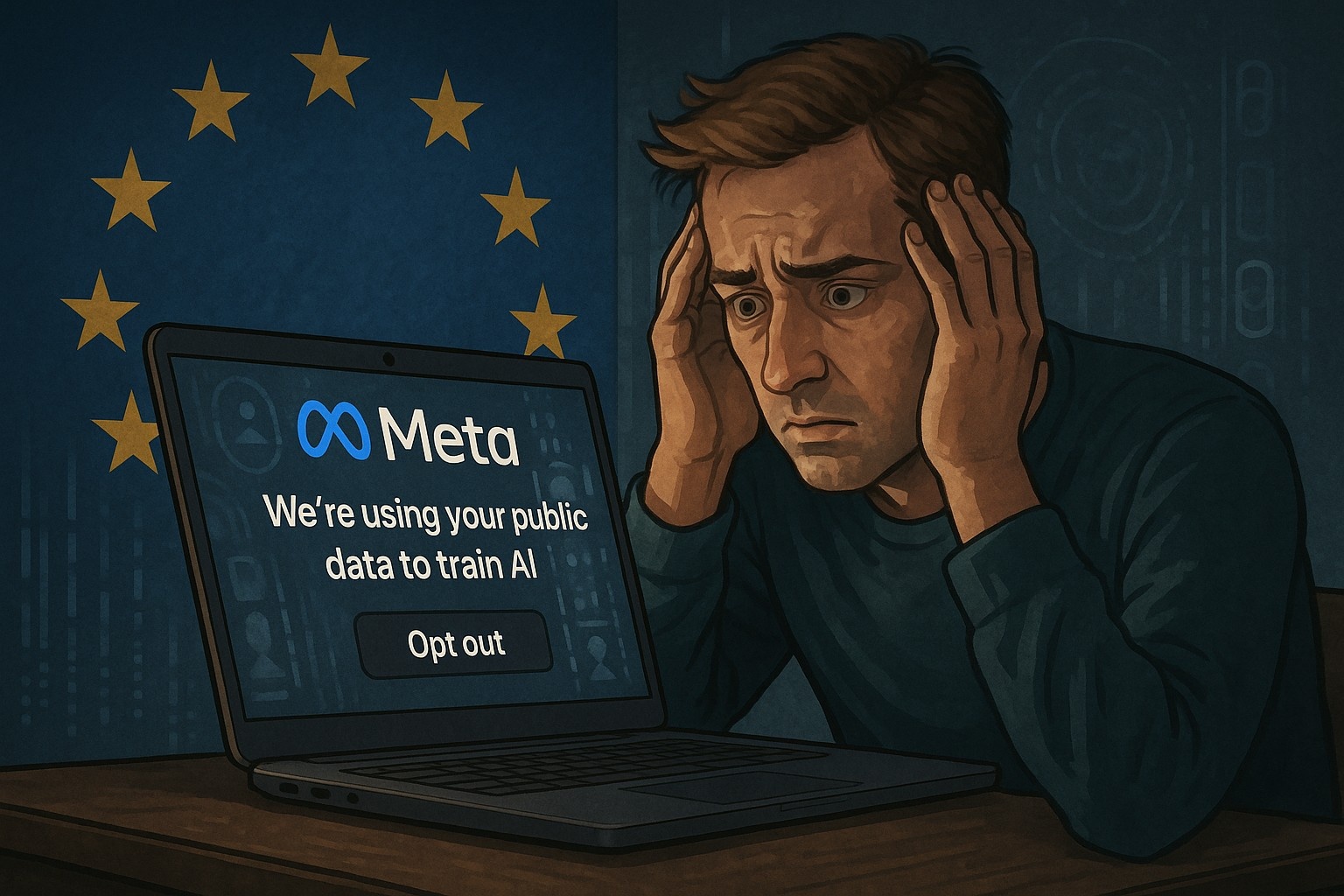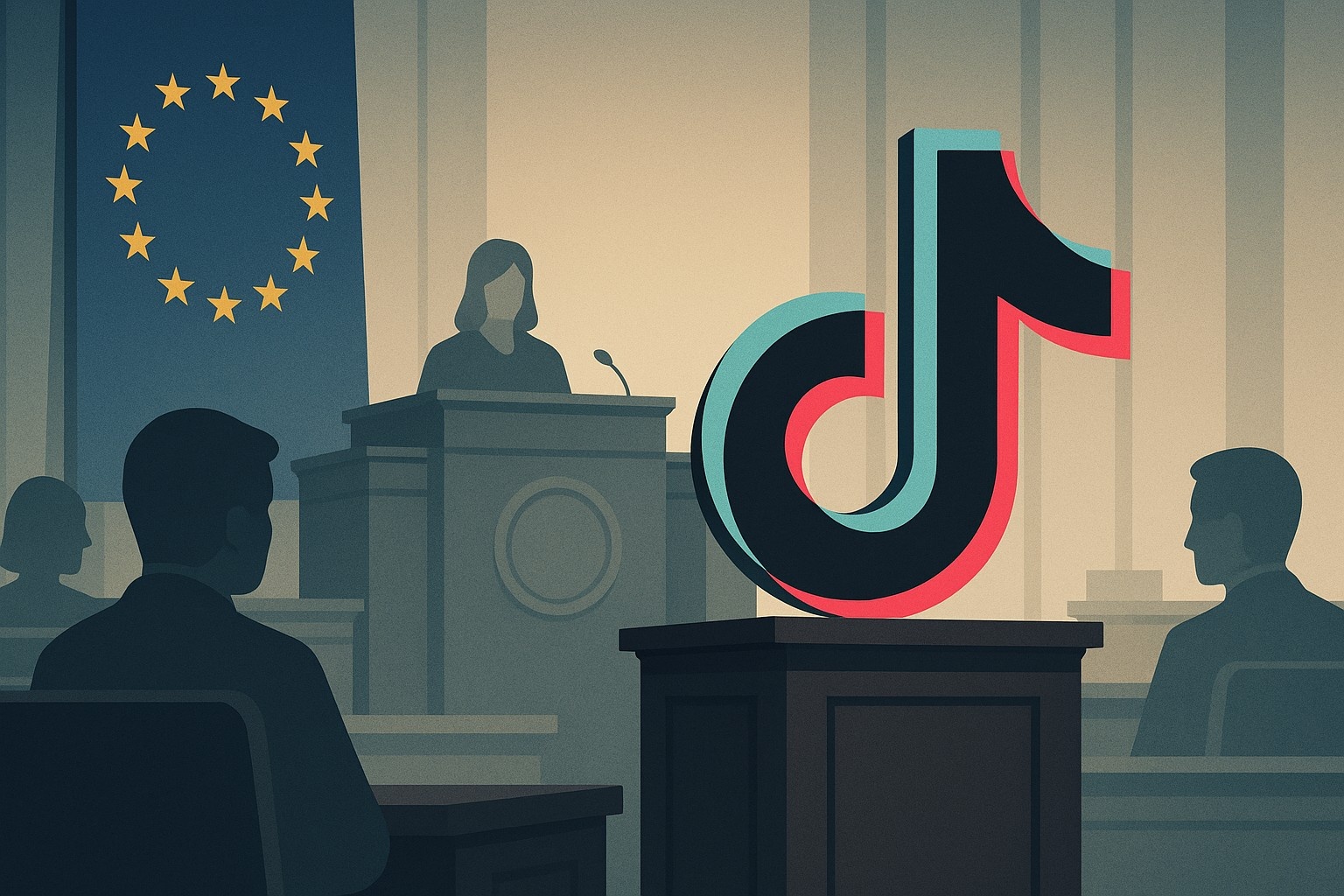TikTok Fined $602 Million for Sending European User Data to China: A Data Privacy Earthquake
In a landmark decision that has rattled the global tech world, the European Union has slapped TikTok with a staggering €530 million ($602 million) fine for illegally transferring European user data to China. This penalty, imposed by Ireland's Data Protection Commission (DPC) — the EU's chief data privacy watchdog — marks one of the most significant punishments under the General Data Protection Regulation (GDPR) to date.
TikTok, owned by Beijing-based ByteDance, is no stranger to privacy controversies. But this case may be its most damaging yet, revealing major lapses in transparency and compliance around how user data from Europe is handled, accessed, and possibly exposed across borders.
So, what happened? Why was TikTok fined so heavily? What does this mean for global data privacy, other tech giants, and most importantly — the users? Let’s break it all down in simple, real-world terms.
What Did TikTok Do Wrong?
The short answer: They moved European data to China — quietly and illegally.
The long answer? The DPC launched a four-year investigation into TikTok’s data handling practices. What they discovered was deeply concerning:
- Personal data from European users — including minors — was routinely accessed by staff based in China.
- TikTok failed to provide transparent and clear information to users about where their data was going or how it would be used.
- The company misled regulators by previously stating it didn’t store EU data in China — a claim later proven false when TikTok itself admitted some data was indeed kept on Chinese servers.
In a region like the European Union, where user privacy is legally protected under the GDPR, these actions represent not just technical violations — they’re seen as breaches of trust.
Breaking Down the $602 Million Fine
The fine wasn’t a one-size-fits-all penalty. It was split into two major components:
- €485 million (~$550M) for unlawfully transferring personal data of EU users to Chinese servers without proper safeguards.
- €45 million (~$52M) for failing to inform users transparently about these data transfers, especially concerning children and teenagers.
This makes the TikTok fine the third largest ever imposed under the GDPR, trailing only behind the penalties leveled against Meta (Facebook/Instagram) and Amazon.
How Did This Get Discovered?
The alarm bells started ringing in 2021, when cybersecurity researchers and privacy advocates began questioning TikTok’s data flows. The DPC took up the matter formally and launched an investigation.
By April 2025, TikTok admitted that some data from EU users had been stored in China, and that access was granted to ByteDance employees. Although TikTok claimed this was “limited” and “secure,” regulators didn’t buy it.
The DPC found that TikTok had failed to implement “appropriate safeguards” required under Article 44 of the GDPR — the section that governs data transfers outside of the EU.
This meant TikTok violated core EU laws designed to protect people’s personal data from being mishandled, misused, or accessed by third parties in foreign jurisdictions.
What Is TikTok’s Response?
Unsurprisingly, TikTok has strongly disagreed with the decision. The company has stated that it plans to appeal the fine, and pointed toward its recent initiatives aimed at improving transparency and security.
One of its biggest PR moves has been Project Clover — an ongoing effort launched in 2023 to:
- Build new data centers in Ireland and Norway
- Store EU user data locally within Europe
- Implement external oversight for how data is accessed by TikTok employees globally
TikTok claims that European data is no longer transferred to China and that any data previously stored there has since been deleted.
But for regulators, intentions aren’t enough. Under GDPR, actual practices and user transparency matter most — and that’s where TikTok fell short.
Why Is This a Big Deal?
This fine isn’t just about TikTok. It’s a wake-up call for all global tech companies that operate across borders.
Here’s why it matters:
- Cross-Border Data Transfers Are Under Scrutiny Moving user data between countries is standard for tech companies. But when that data ends up in countries with looser privacy laws (like China or the U.S.), it becomes a problem for the EU. This fine makes it clear: If you want to do business in Europe, you must play by Europe’s privacy rules.
- Kids’ Data Is Extra Sensitive TikTok’s user base skews young. That makes data privacy even more critical. Under the GDPR, children’s data requires enhanced protection, and TikTok’s failure to safeguard that has amplified the regulatory backlash.
- Trust in Tech Is Declining In an age where people are increasingly concerned about surveillance, misinformation, and digital exploitation, fines like this reflect growing global pressure for tech accountability. Governments, parents, and users are watching closely — and companies that mishandle data will pay a price, both in fines and reputation.
What Happens Next?
The DPC has not only imposed a fine but also issued a strict order: TikTok must fully comply with GDPR rules within six months — or face further penalties.
This includes:
- Ensuring no EU data is accessible from outside approved jurisdictions
- Making all data flows and storage practices transparent
- Implementing stronger user consent mechanisms, especially for teens
Failure to do so could result in suspension of data transfers — which would be disastrous for TikTok’s European operations.
Will TikTok Be Banned in Europe?
Not yet — but this case certainly increases the pressure.
TikTok is already banned on government devices in multiple EU countries due to national security concerns. With this new data privacy scandal, calls for a full ban may grow louder, especially if TikTok can’t prove it has cleaned up its act.
What This Means for You — the User
If you’re a TikTok user in Europe (or even elsewhere), here’s why this story matters:
- Your personal data is valuable, and laws exist to protect it.
- Companies must be honest about how your information is used and stored.
- You have the right to demand transparency, consent, and control over your own digital identity.
If a billion-dollar tech giant like TikTok can be held accountable, that sets a powerful precedent for user rights worldwide.
Global Ripple Effects
This fine will likely trigger ripple effects across the tech landscape:
- Other platforms like Snapchat, YouTube, and Meta may now review their own international data flows to avoid similar scrutiny.
- Non-EU countries could start adopting GDPR-like laws to keep up with international data standards.
- Investors and advertisers may grow wary of apps that lack compliance transparency, influencing business decisions.
In short, this is more than just a slap on the wrist — it’s a global signal that the era of free-for-all data collection is ending.
Final Thoughts: A Crossroads for Data Privacy
The $602 million fine levied against TikTok is about more than money. It’s about accountability, transparency, and global digital ethics.
As our lives become more connected — and surveillance, AI, and data monetization grow more sophisticated — governments and users alike are demanding answers:
- Where does our data go?
- Who can see it?
- What are they doing with it?
TikTok’s case won’t be the last, but it may be one of the most important.
The message is loud and clear: Respect users. Respect laws. Or pay the price.






